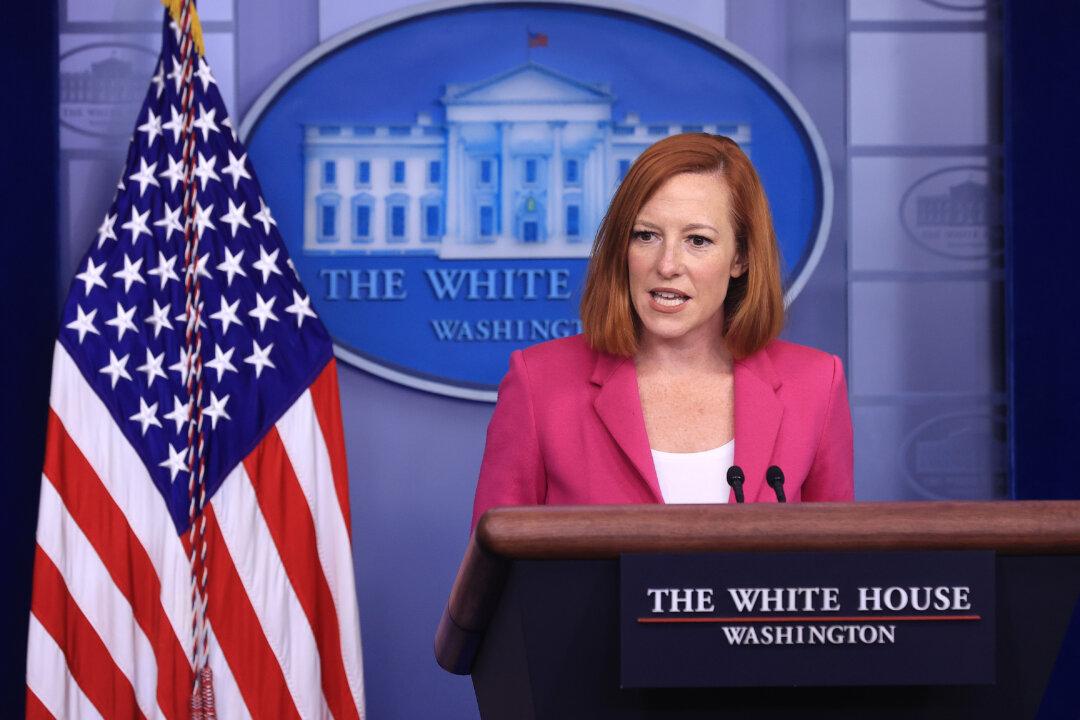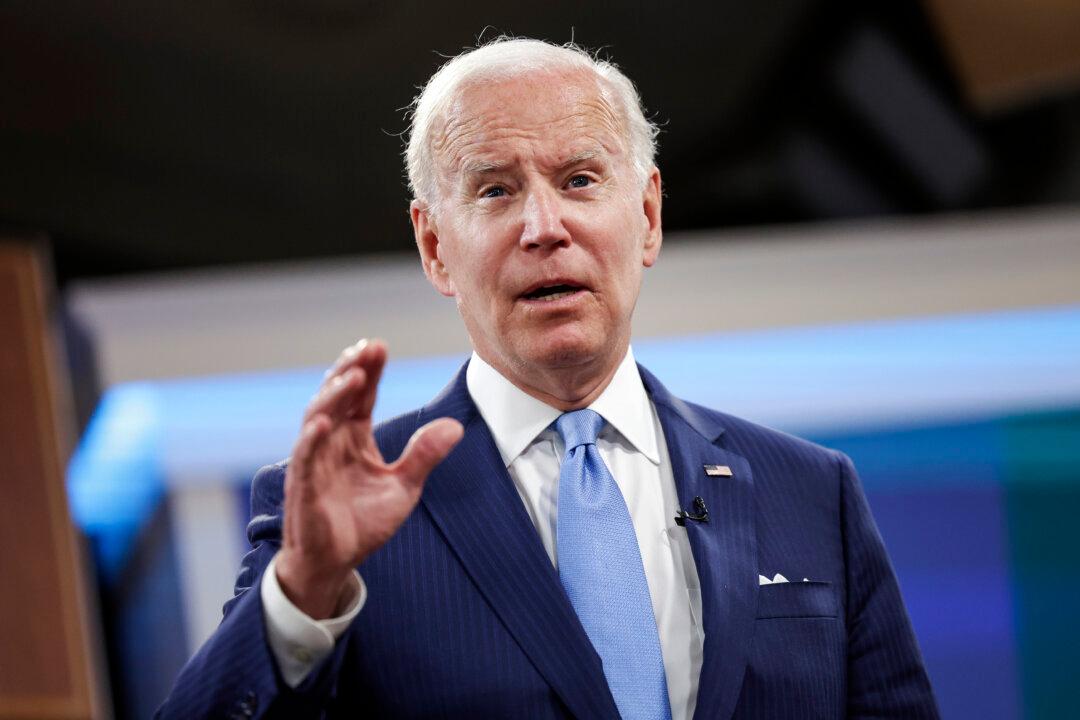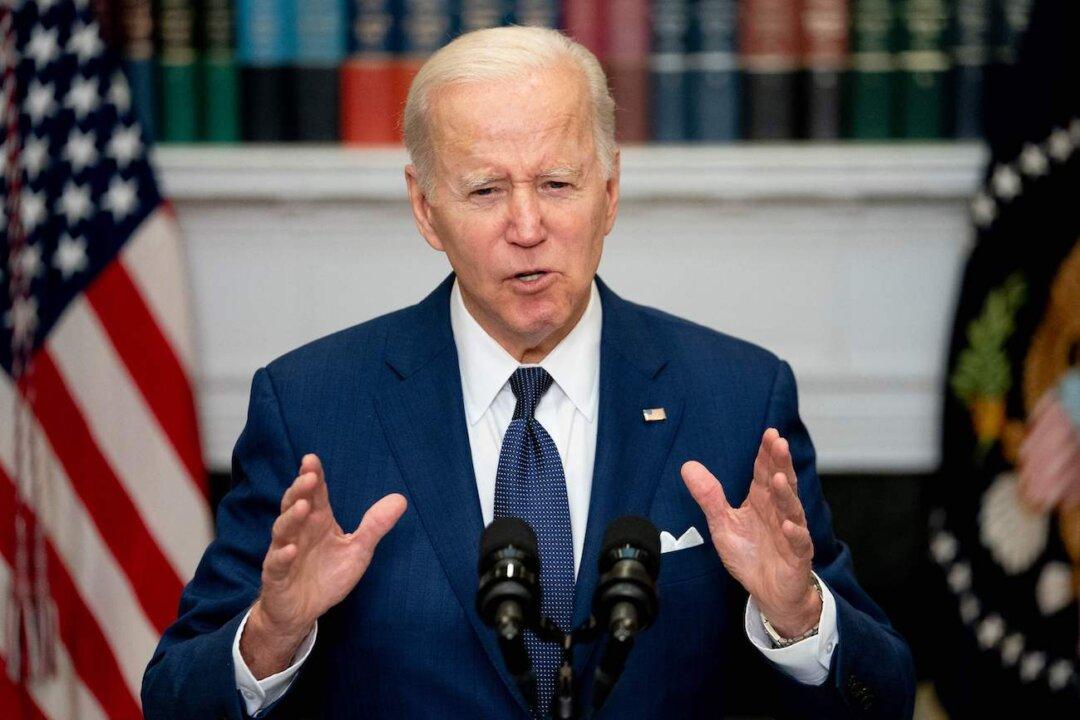The trade association representing air-cargo companies such as UPS and FedEx is asking the Biden administration to postpone its vaccine requirement for federal contract workers.
A delay is necessary to avoid adding to supply-chain issues ahead of the holiday season, according to the association.




